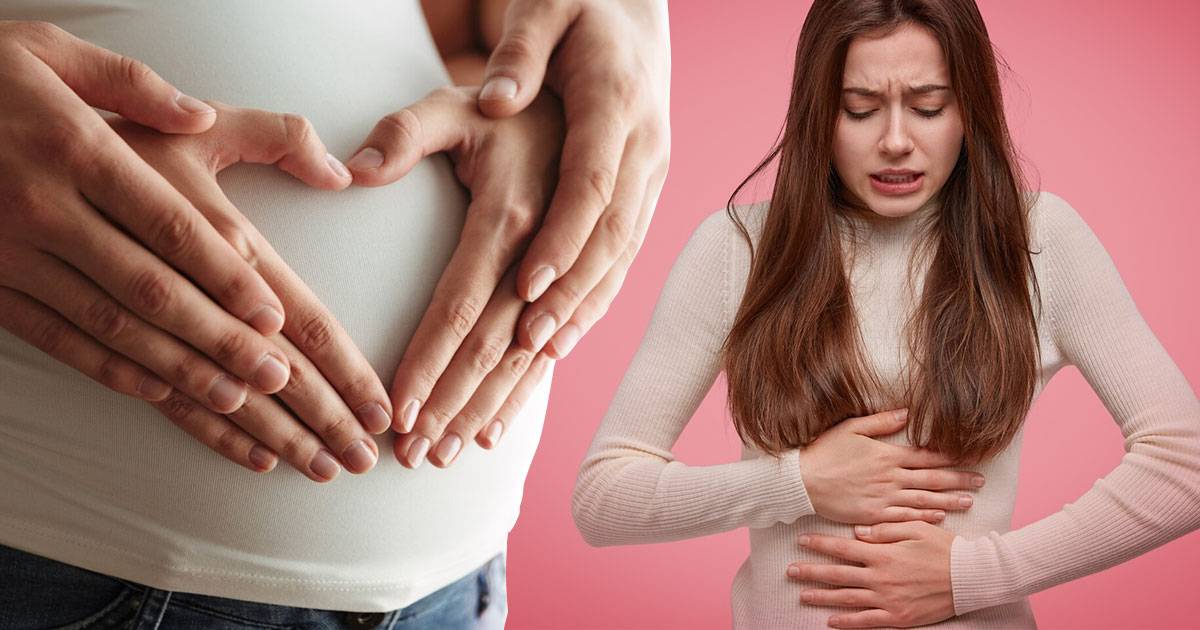Painful Periods: Are They a Sign of Good Fertility?

Painful periods, also known as dysmenorrhea, affect many women worldwide. For some, cramps are a minor discomfort, but for others, they can be devastating. But does experiencing this discomfort mean you have good fertility?
Getting to Know Dysmenorrhea
Severe cramping in the lower abdomen is a symptom of dysmenorrhea, which can also include other side effects like nausea, vomiting, and diarrhea. The uterus’s contractions as it sheds its lining during menstruation are typically the cause of this condition, which is prevalent among women of reproductive age.
Are painful periods a sign of good fertility?
Painful periods, or dysmenorrhea, can make it hard to know if you’re fertile. Dysmenorrhea is when you get cramps in your belly during your period. These cramps happen because your uterus is shedding its lining.
Having painful periods doesn’t mean you can’t have kids. Many women with dysmenorrhea can get pregnant. But sometimes, painful periods can be a sign of a problem that could affect your fertility, like endometriosis or pelvic inflammatory disease. These conditions can make it difficult to become pregnant.
Do painful periods mean infertility?
Having painful periods does not necessarily indicate that you are infertile. Many women with dysmenorrhea, or painful periods, are able to conceive and have children. However, in some cases, painful periods or dysmenorrhea can be a symptom of an underlying issue that can cause infertility. These issues can develop slowly, so you might not notice symptoms right away, or they might get worse over time. Several reproductive health conditions can impact your periods and fertility.
Endometriosis
Endometriosis can cause painful periods and may lead to infertility. This syndrome arises when tissue identical to the uterine lining develops outside the uterus. This tissue can bleed, cause scar tissue, and cause pain.
About 50% of people who have trouble getting pregnant may have endometriosis. It frequently goes undetected and untreated for a long time.
Adenomyosis
Adenomyosis occurs when the uterine lining develops into the uterine muscle. This is not the same as endometriosis, which occurs when the lining grows outside of the uterus. Adenomyosis can lead to painful and heavy periods. It is uncertain whether it affects fertility, but some research suggests it may.
Fibroids
Fibroids are non-cancerous growths that can form in or around the uterus. They are more prevalent throughout the reproductive years. Many people with fibroids don’t have symptoms, but they can sometimes cause pain, reduce fertility, and increase the risk of miscarriage.
Pelvic Inflammatory Disease (PID)
Sexually transmitted diseases that are untreated or improperly treated frequently result in PID, a reproductive organ infection. PID can cause scar tissue to form, blocking the fallopian tubes and impacting fertility. It can also lead to painful periods.
Can treatments for painful periods affect fertility?
If you experience painful periods or pelvic pain, consult your doctor. They can determine what’s causing the pain and provide therapies.
Medication
Sometimes, doctors recommend hormonal birth control to manage the symptoms of painful periods. However, if you are attempting to conceive, this may not be appropriate, and may not address the underlying reason for the pain.
On the other hand, taking painkillers like ibuprofen or acetaminophen to relieve period pain is generally safe and does not affect fertility. These prescription medications reduce inflammation and pain without affecting your ability to conceive. However, it is critical to utilize pain relievers as prescribed and not exceed the specified amount. Chronic use of painkillers can have negative effects on your health and may warrant further discussion with a healthcare provider.
Surgery
If endometriosis, fibroids, or adhesions are the cause of your pain, surgery may be an option. However, it’s a good idea to consult with a reproductive endocrinologist before having surgery to make sure it won’t affect your fertility. In some cases, having surgery and then trying fertility treatments soon after can be helpful.
In severe cases where previous therapies have failed, the uterus (and possibly the ovaries and fallopian tubes) may need to be removed. However, if you’re still trying to conceive, this may not be the best choice.
Understanding the Connection of Painful Periods & Fertility
Having painful periods doesn’t mean you can’t have kids. Normal hormonal changes and uterine lining loss are the main causes of painful periods, or dysmenorrhea. However, they can sometimes be a sign of other issues like endometriosis or fibroids, which might affect fertility. Treatments for painful periods, such as medication or surgery, are generally safe and don’t usually cause fertility problems. If you are concerned about painful periods or fertility, you should consult your doctor so that they can provide you with the appropriate advice and treatment.
